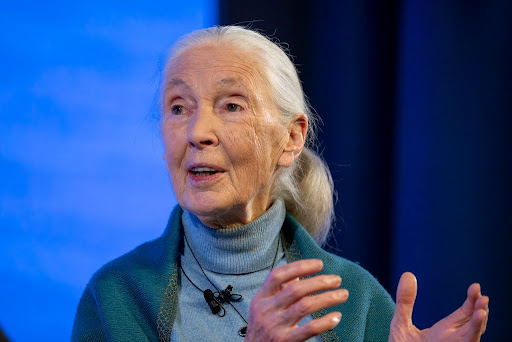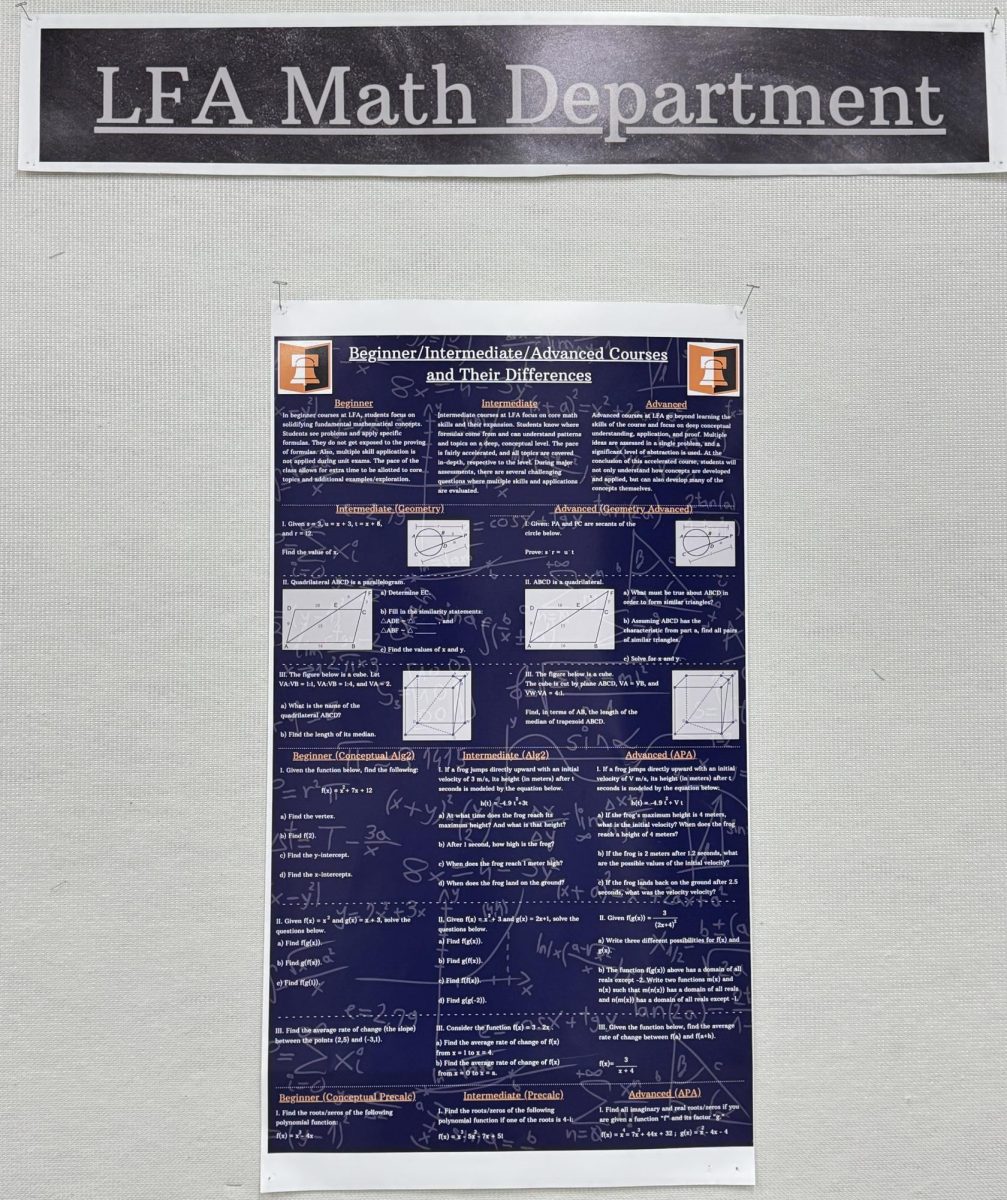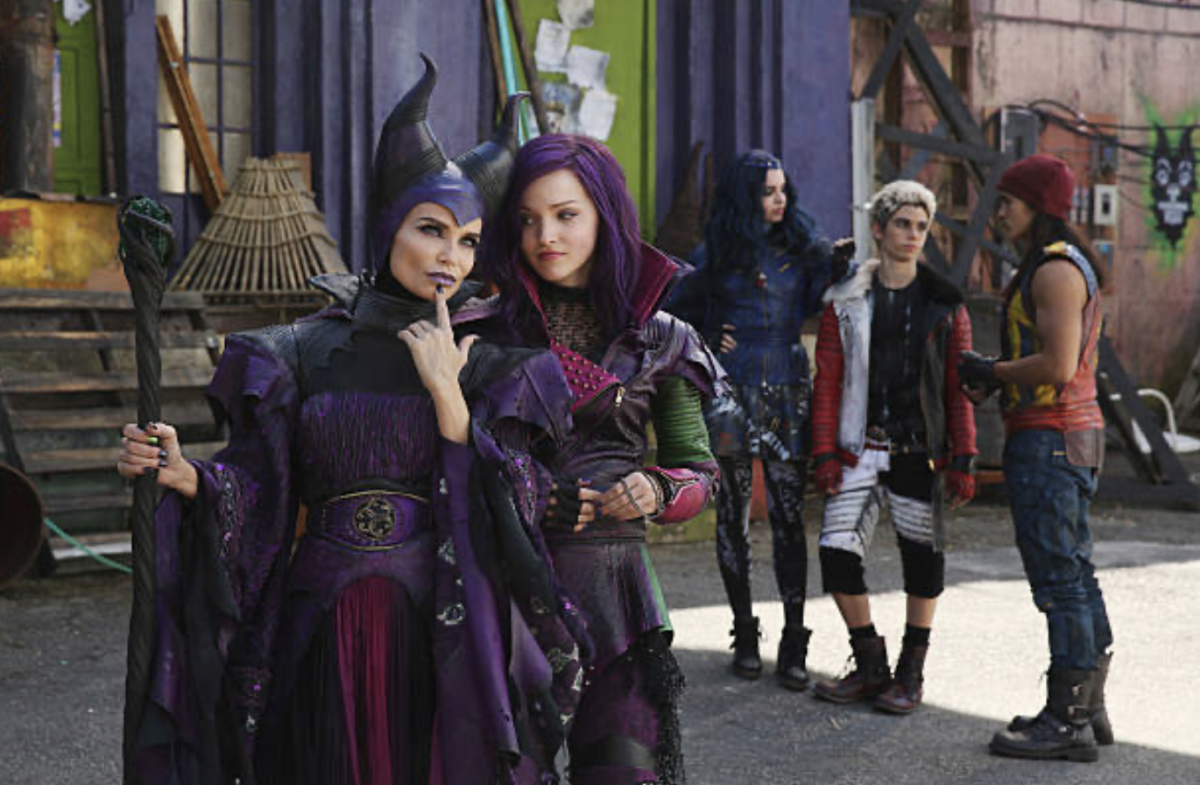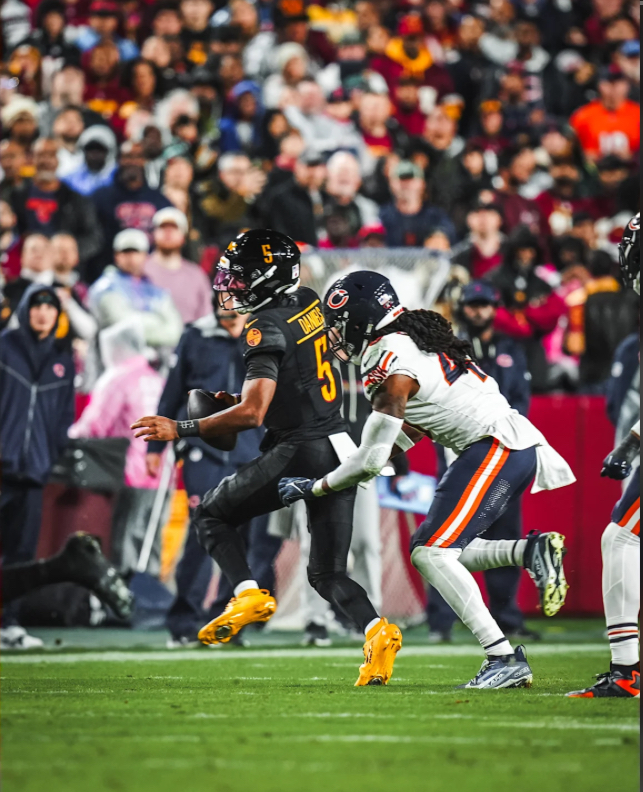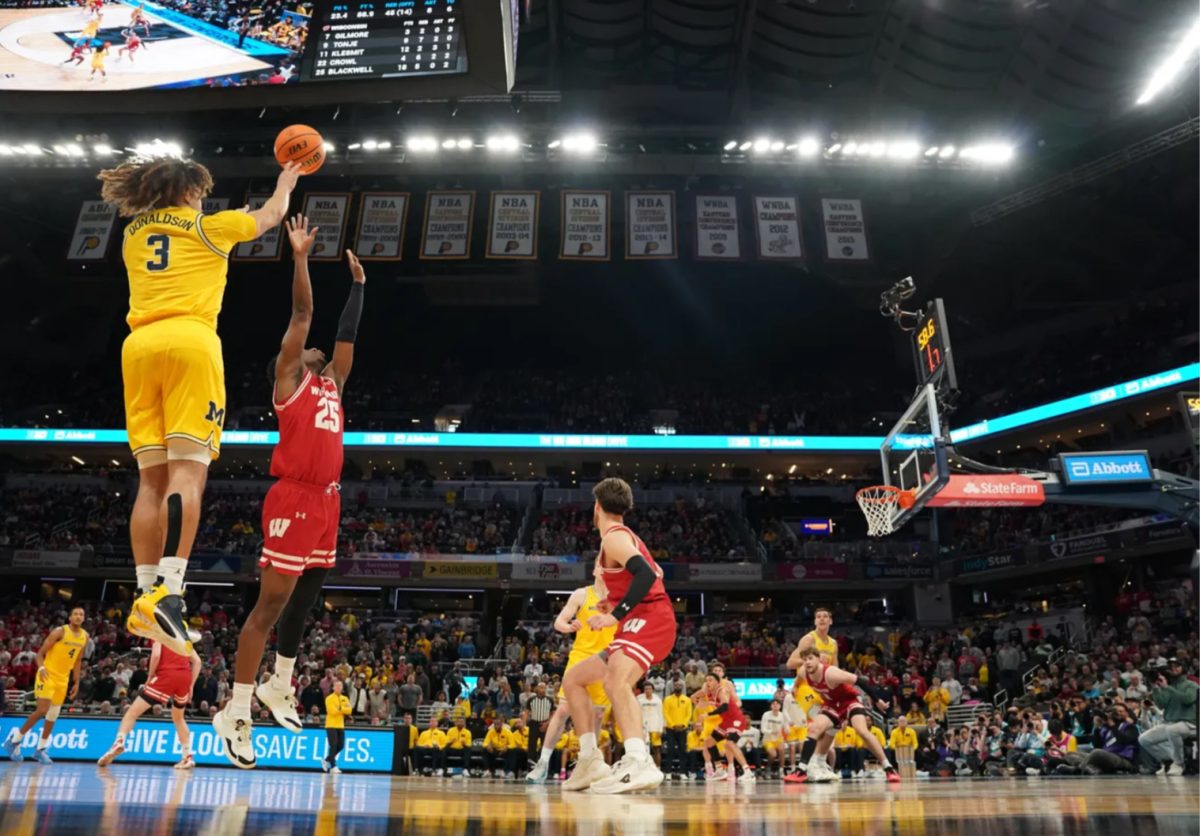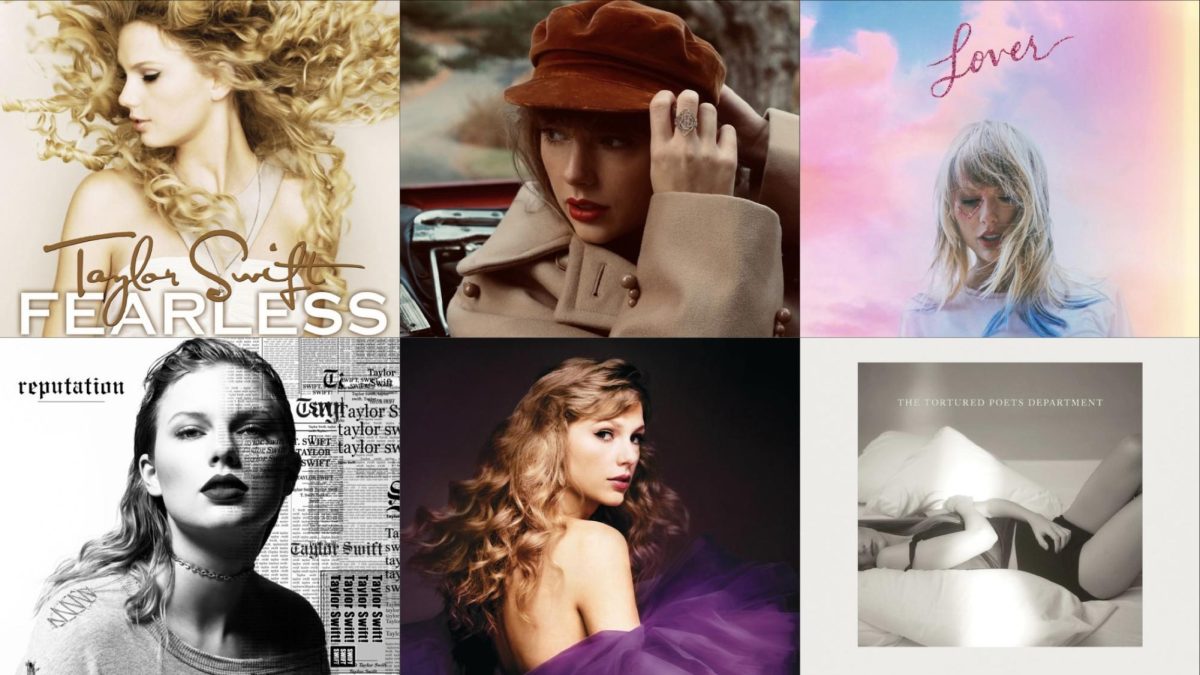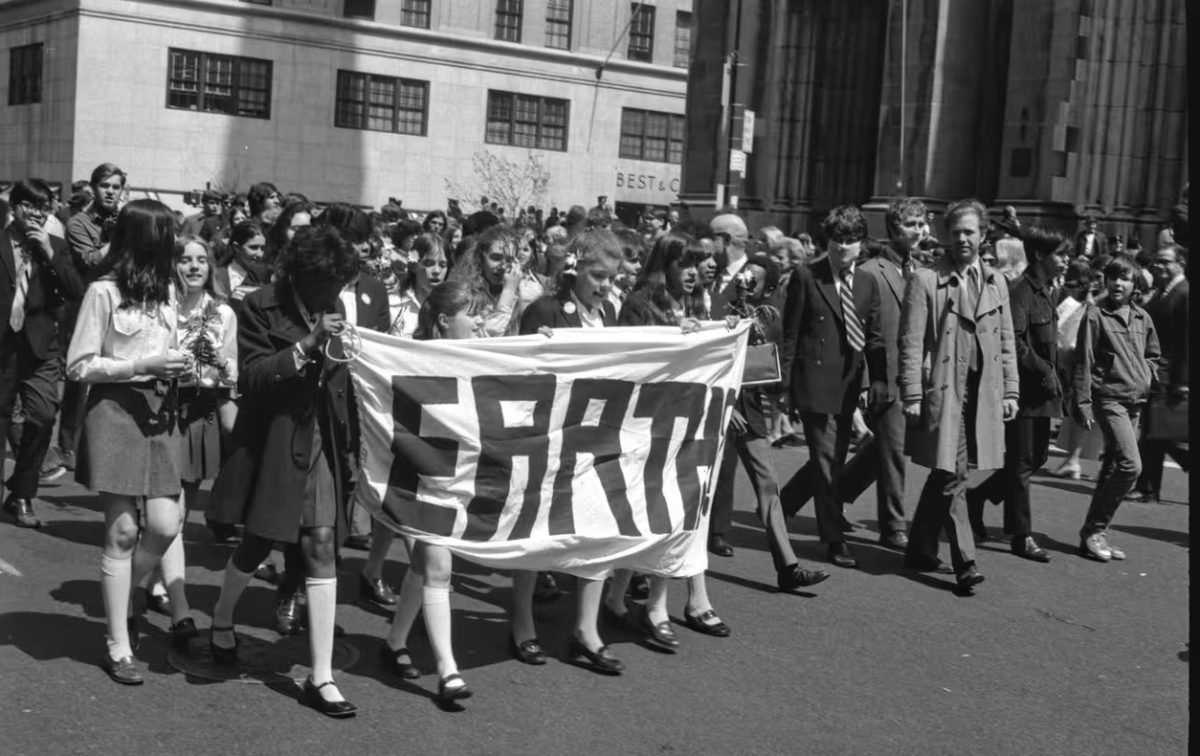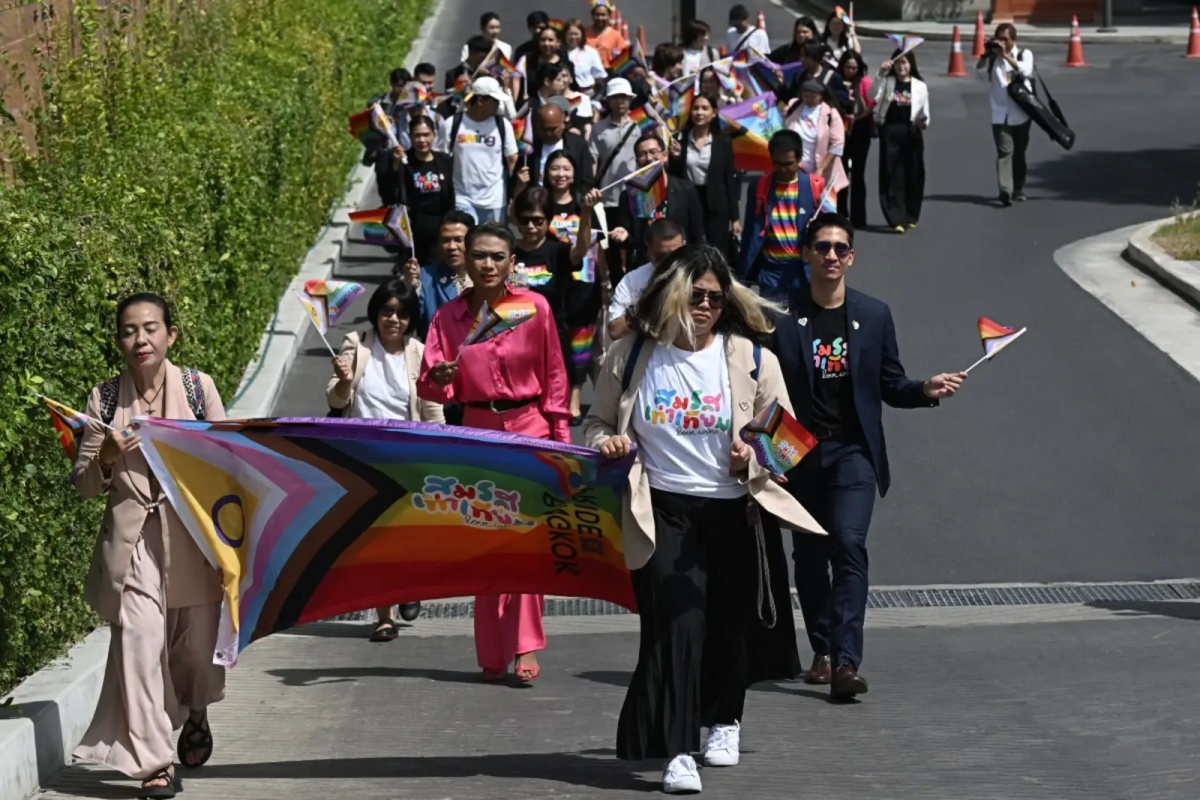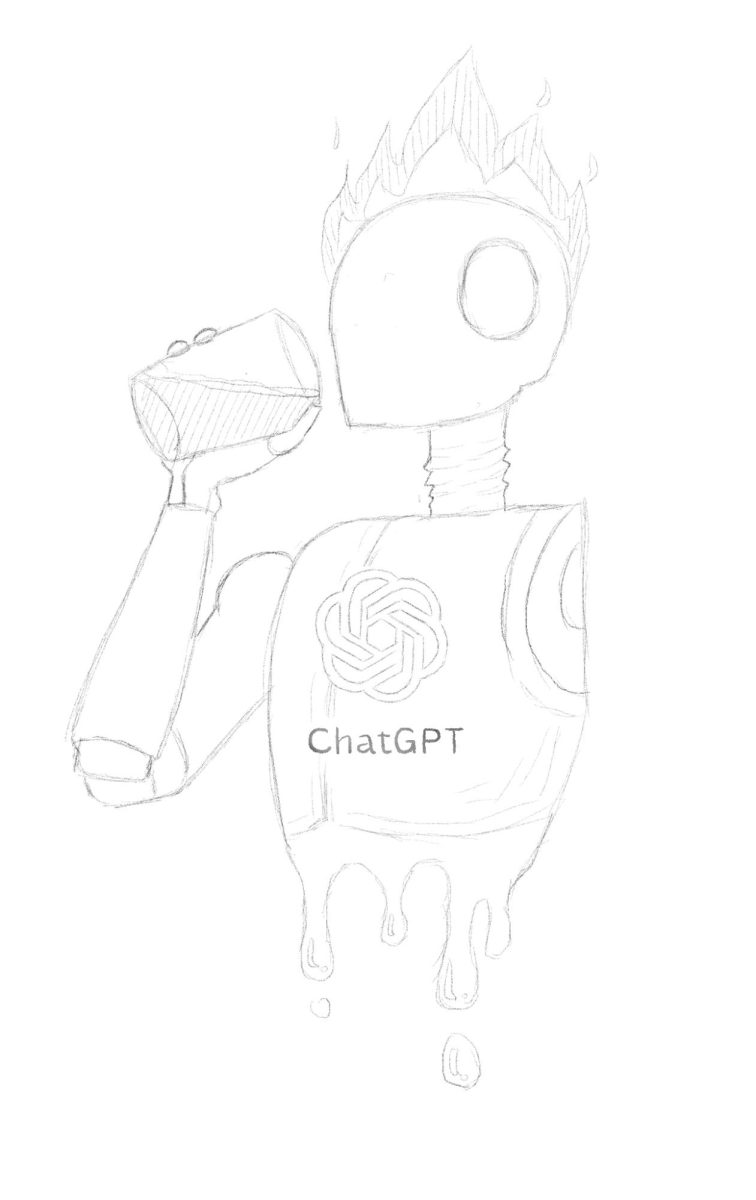Female Anger in Film and TV: Reclaiming the Realism
April 26, 2022
Don’t be so dramatic. It’s not even that big of a deal. She’s crazy. If you identify as a woman, you are likely not a stranger to these phrases. Women are told day after day to minimize themselves – don’t dress too provocatively, don’t talk too much, sit pretty. But it is not just the physical women are supposed to minimize, it is also the emotional.
This stems from the stereotype that a woman’s role is to be a mother. Mothers are meant to be nurturing, kind, caring, and strong. We are told that showing negative emotions is one of the worst things a woman could do and that any kind of anger must be suppressed to please those around you. Any “masculine” expressions of anger (screaming, crying, throwing things, etc.) label a woman as insane or crazy instead of less harsh labels used for men, like passionate, upset, or just fed up.
For Black women, this stereotype is twofold. Commonly known as “the angry Black woman” stereotype, Black female anger is seen as a reflection of bad manners or an ill-temper. Anger is used as a tool to diminish, dehumanize, and hurt Black women instead of empowering them by showing emotion and vulnerability.
These stereotypes have real-life consequences. Nirali Dalia, LFA counselor, states that “I’ve had a lot of students apologize after they show emotion,” despite the fact that strong emotions are normal, especially for teenagers. She states that not expressing anger can also lead to serious health issues, such as depression, anxiety, ulcers, or missing a period.
Clearly, this is a serious problem. So how can such a deeply ingrained narrative be remedied? One way is through the power of media. Movies and television can normalize issues, give viewers proper representation, and spark discussions. But how has female anger, and women in general, been portrayed overtime?
From the very beginning of the film industry, women were one dimensional characters. Most of the time, their roles were created for the sole use of a plot point or as a love interest for a man. They were agreeable and stereotypically perfect in every way. As time progressed, female roles started to become more complex, but their character still relied on a male figure, and their emotions were rarely shown on screen.

However, in the past five years, film critics and analysts have begun to see a shift. Women are no longer just complex, but they show their complexity in a real way. Scenes of women throwing objects at a wall, screaming, crying, and throwing a fit are powerful and more importantly, there. Real anger from real characters is being highlighted, and in some cases, they aren’t even labeled as crazy!
Shows like Succession, Shameless, and Pen15 show women in fits of rage and make sure that they are justified and realistic in how they show their emotions. Movies like Midsommar and Fresh show anger and pain in a way that has rarely been seen before. Finally, women are getting a realistic, complex character on screen that reflects how they really feel inside.
This representation brings validation and reassurance to young girls everywhere. Lily Ainsley, an LFA senior and avid film fanatic, feels seen when she experiences scenes portraying female anger well. Ainsley states, “It feels freeing almost, it makes me feel like it’s okay to be angry sometimes”. She feels she can express herself when she sees female anger on a screen. This is what movies and TV can do – make someone feel empowered and valued for something they have been told to suppress their whole life.
This is not to say a couple of movies and TV shows have solved the whole problem. While these are great examples of where the future is headed, we are not there yet. When thinking of examples of good female anger portrayals, I drew a blank after about six examples, and both of my interviewees did as well. Even more difficult was thinking of examples of women of color expressing anger without judgment or stereotypes involved. Female anger is not normalized, not yet.
And so we are led to the ultimate question for any issue like this: what can we do? For young women, it starts with understanding that anger is not negative but simply how you are feeling in the moment. Finding positive, healthy ways to get out and process these emotions is important. Like Dalia says, exercising, crying, or simply venting to a trusted person can help you combat the idea that internalization is the best method.

And for those who want to support women in their life, education and support are key. Read articles like this one, watch the movies and TV shows listed above to see female anger portrayed well, and ask those in your life how you can best support them. If they need an outlet, a conversation, or simply a hug, help them out. Because when women are allowed to be their complete selves, everyone benefits from all they have to offer.

